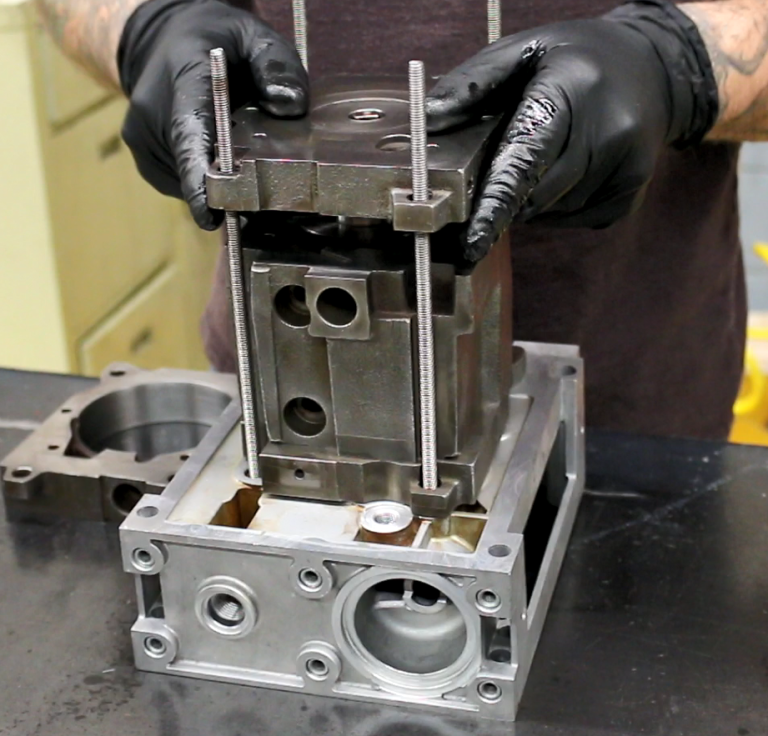Well-maintained vacuum pumps are essential to ensuring proper air extraction, filtration, and quality control of your work environment. Without regular maintenance and attention, your equipment can become worn down or even damaged beyond repair. It is necessary to have a comprehensive pump preventative maintenance program in order to maximize your investment and deliver repeatable, high-quality process results. Nearly all unexpected Vacuum Pumps failures may be avoided throughout a pump’s normal operational life, and with proper maintenance, a vacuum pump will last many years of dependable service.
To ensure your vacuum pump remains in good working order, here are a few maintenance tips:
1. Replace Dust Filters
Vacuum pumps need to be regularly cleaned, and dust filters should be replaced at least once a year or as needed. Make sure to dispose of the old filter properly in order to avoid contamination of the new filter. The more frequently dust filters are replaced, the better performance you will get from your vacuum pump.
2. Check for Rust and Corrosion
Inspect your pump for any rust or corrosion that may have built up over time. Rust and corrosion can cause damage to the vacuum pump, so regular maintenance is essential. If you notice any rust or corrosion, you should replace the parts as soon as possible. Some problems may take time to be visible, so it is important to inspect your vacuum pump regularly.
3. Clean the Intake Valves
Clean the intake valves regularly to ensure your vacuum pump is functioning effectively. Check for any buildup or blockages, and make sure to clean any debris or dirt away from the intake valve. Moreover, make sure to replace the valve seals if they are worn. This will help ensure that no dirt or debris enters the vacuum pump and causes damage.
4. Lubricate Moving Parts
Regular lubrication of moving parts will help to keep your vacuum pump running smoothly and reduce wear and tear on the system. Make sure to use only the recommended lubricant for your pump, and follow the manufacturer’s instructions for the correct amount. Sometimes, it may be necessary to lubricate the motor and bearings as well.
5. Inspect Hoses and Connections
Inspecting hoses and connections regularly for any damage or wear that may have occurred over time is important. Replace any worn or damaged parts as soon as possible if needed. It is important to ensure that all hoses and connections are firmly in place and free from any obstructions.
6. Monitor Performance
Make sure to monitor the performance of your vacuum pump regularly. The pressure of a vacuum pump should be monitored in order to make sure it is functioning at its optimal level. If you notice any performance changes, it could indicate an issue with the vacuum pump, and further investigation may be needed.
In Conclusion
Vacuum pumps should be well-maintained in order to ensure optimal function and prevent unexpected failures. With regular maintenance and care, you will ensure that your vacuum pump operates safely and efficiently. If you encounter any issues with your vacuum pump, it is important to contact a professional for service or repair.

